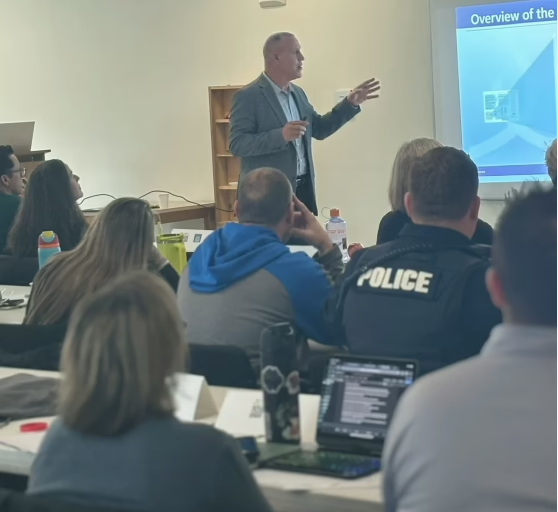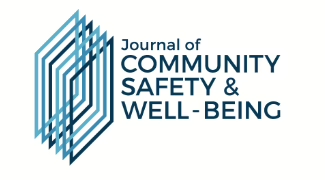Michael Botieri of Cordata’s O2SL & QRT National helped to train stakeholders during a two-day Situation Table Training session in Brattleboro, Vermont.(Photo Courtesy Cordata’s O2SL & QRT National) Soaring crime statistics and fatal overdose rates in Vermont prompted law enforcement and government officials to explore innovative strategies. Among those new approaches, Cordata Healthcare Innovations, a Cincinnati-based company with roots in Massachusetts, has been helping to save lives in four Vermont communities — Brattleboro, Bennington, Rutland and Springfield — and is set to expand to four more over the next year. Cordata will soon begin training representatives from dozens of various public safety, public health and community-based agencies in Burlington and St. Johnsbury, as well as two other yet-to-be-announced communities in the Green Mountain State. Michael Botieri, Scott Allen, and Nan Franks, of Cordata’s O2SL & QRT National, will deliver the next two Situation Table Trainings, as they and their team
Author: Rory Schuler
Article on Cordata’s O2SL & QRT National’s PMAT Published in Journal for Community Safety & Well-Being
More than 1 million people have died in the United States from drug overdoses since 1991. Countless campaigns have been launched to combat the epidemic, but how do researchers determine whether these community collaborative initiatives are effective? Cordata’s Operation 2 Save Lives (O2SL) & QRT National has developed a tool to help gauge the effectiveness of life-saving efforts. An article detailing Cordata’s O2SL & QRT National’s development of the tool, which complements the Capability Maturity Model (CMM), has been published in the Journal for Community Safety & Well-Being. The article published on March 20, 2025, titled “The creation and application of the Project Management Adherence Tool (PMAT) in understanding and advancing deflection programs and other community-based initiatives,” was written by Cordata’s O2SL & QRT National’s Senior Community Engagement Leaders Daniel P. Meloy, Mike Botieri and Scott Allen, and their colleague, Primary Research Investigator Dr. Carol Gregory, a subject matter expert


